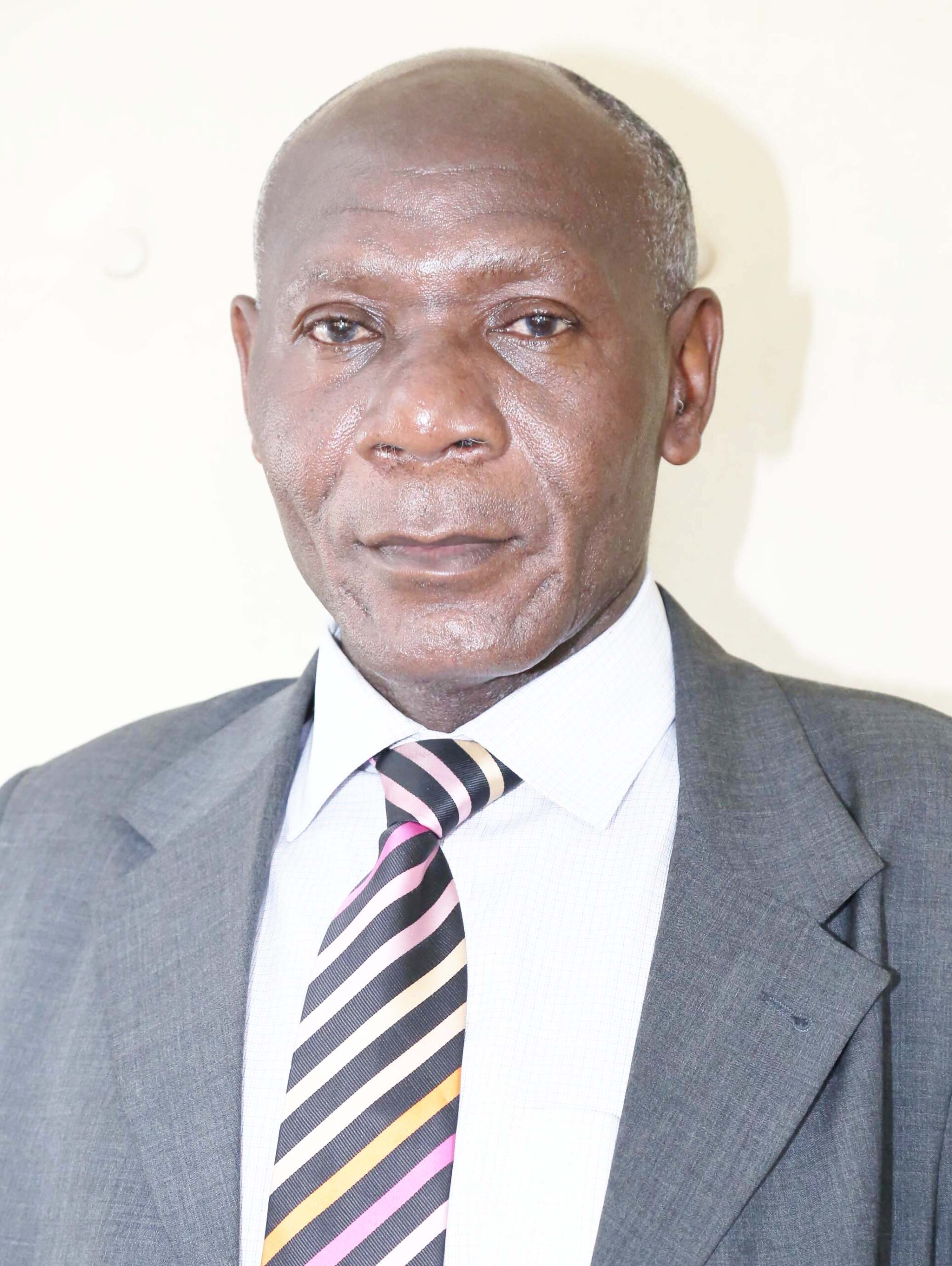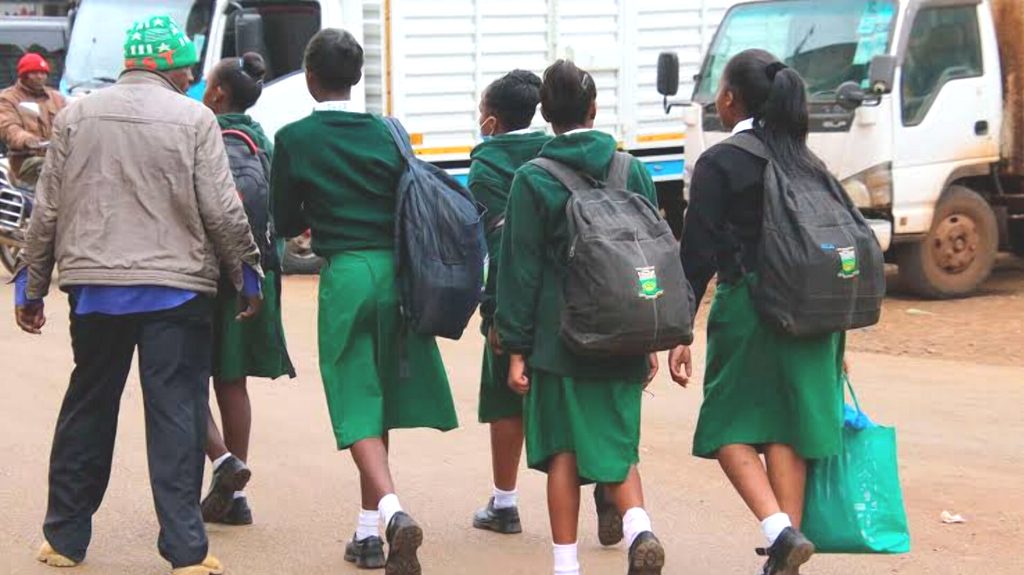The Principal Secretary for Basic Education, Dr Belio Kipsang, expressed the need for parents to reconsider the moral basis of the boarding school model for learners in Primary Schools.
He disclosed that Kenya had the highest percentage of its children globally in boarding schools, standing at 28 per cent against the global average which doesn’t exceed 15 per cent.
He made the remarks during the Kenya Primary School Heads Association (KEPSHA) in Mombasa in 2002.
In making the announcement, Kipsang simply echoed the recommendations of the Presidential Working Party on Education Reforms (PWPER) that the Day School system becomes the norm in the educational system, particularly at Junior School level.
Working parents
When the PS made the announcement, I remembered a talk I had with a young man then freshly graduated with a Bachelor’s degree in 2006. The man (name withheld) told me he was taken to a boarding school in Rift Valley by his working parents in the early 1990s.
“I walked out of the school compound on the third day of admission, unhappy with my abandonment by my parents. I was picked up five Kilometers away from the school,” I recall the young man, now a Communication Specialist, telling me.
It was only last September, that a senior Civil Servant told us, when the discussion on Boarding school system came up, that a lady colleague faced her mother, then in her 80s, when down with a terminal ailment, with a startling question.
“Mum, why did you hate me that much?” She asked her.
“How? The mother asked, surprised.
“Do you remember taking me to boarding school in standard Five?”
“Yes.”
“Why did you do it if you loved me? The daughter asked.
These two episodes illustrate, more than any academic argument, how children view the boarding school system, if you were to ask them.
Boarding school system has certain advantages. The most unquestionable one is academic excellence. The students have the potential to excel academically. For working parents, boarding school settles their concerns about care of the children while away on duty.
READ ALSO:
However, parents don’t see the downside of boarding school at the preadolescent level for their children. Unlike a home, a boarding school is a relatively closed management model. It also means early separation from one’s biological or foster parents. The result: weakening of parent–child relationship, and with it, children’s lack effective emotional support from parents in their growth and development and learners.
Academic lives
Boarding school in the early stages integrates personal lives of students with their academic lives. Unfortunately, it’s the academic lives that predominate throughout the time the children wake up in the morning and go to sleep in the evening. This is unquestionably detrimental to the personal lives of the children.
The role of the family environment is more important for the socialization in the earliest stages of children than any other institution. Children are free to be themselves. To cry. To play. To play hide and seek games, and to fool around with their parents. There are times when parents can decide to be silly and fool around with their children. Those with musical bent, they can sing and dance with the children. There is no exciting experience for children better than this.
However, busy, grave parents might be, there what American poet Henry Wadsworth Longfellow called, the Children’s Hour’s in his poem by the same title.
He says: “Between the dark and the daylight, /When the night is beginning to lower, /Comes a pause in the day’s occupations, /That is known as the Children’s Hour.”
This is the hour parents fool around with their children. When the day’s work is over. For you cannot live by work alone.
The school’s state-of-the-art school infrastructure, and sporting gear cannot replace this. Nor can excellent academic foundations of the boarding school fulfill the elemental hunger children have—hungers which only a mother and father, blood relations around them feed them with. By simply having pep talks with them. By the mere physical presence of the parents around them.
Emotional wrenching
Most parents are unmindful of the emotional wrenching this causes the children during their tender ages. They don’t know what in psychology is called “boarding school syndrome.” This is homesickness, nostalgia for the familiar family environment children suffer from either due a long boarding school system or boarding school from an earlier age.
Children suffering from homesickness when separated from family for extended periods can be difficult for some students. Some of the symptoms of boarding school syndrome are difficulties forming and maintaining relationships, emotional detachment, low self-esteem, a fear of intimacy, and a sense of disconnection from others.
One of the most potent reasons parents and other stakeholders were against the domiciling of Grade 7 in the Secondary tier of our system of education was that the children were still young to be placed in the secondary school system. In simple language, they were against the boarding system which defines the secondary school system in this country.
They feared possible bullying of the children by their relatively older students in secondary schools. Granted, all schools, be they day or boarding, have stringent rules against bullying. However, bullying is a clear and present danger in school systems globally. Parents feared this for their children.
There will always emerge from among children, a child dominating others, when they are left alone. The domination may be either compassionate or wicked.
Naturally good
English Nobel Prize Laureate, William Golding, in his Lord of the Flies, strongly felt that children cannot be left on their own before wickedness springs among one or two of them to the detriment of the weak or young ones. He wrote the book to point out his belief, in response to R. M. Ballantyne’s juvenile’s November, The Coral Island where he seemed to say that children are naturally good to each other, when left alone—unlike adults.
Whatever the case, bullying among children causes serious damage to the victims.
“The reaction of the children to this pressure tends to be either conformism or juvenile delinquency, and is frequently a mixture of both, German American political philosopher, Hannar Arendt says in her classic essay, Crisis in Education.
Undoubtedly, parents want the very best academically, for their children. They shouldn’t, however, deny the emotional and other support their children need from them.
The Children’s Act, 2022, affirms that every child has the right to parental care and protection. In the words, care and protection lie questions about the place of the family in the growth and development of the child. The family environment has certain nutrients, critical to the emotional and spiritual development of children which a school doesn’t have. The friendliness of the school and the academic excellence cannot substitute the parent.
It is the reason why Kipsang holds the conviction that parents cannot outsource parenting. However caring they might be, teachers cannot effectively discharge the functions of parenting. They have a core responsibility to the learner by which they are judged by—in the short and long term.
Society doesn’t look at teachers, when a child cannot cope with the travails of life. They look at the parents of this child.
By Kennedy Buhere
You can also follow our social media pages on Twitter: Education News KE and Facebook: Education News Newspaper for timely updates.
>>> Click here to stay up-to-date with trending regional stories
>>> Click here to read more informed opinions on the country’s education landscape
>>> Click here to stay ahead with the latest national news.






